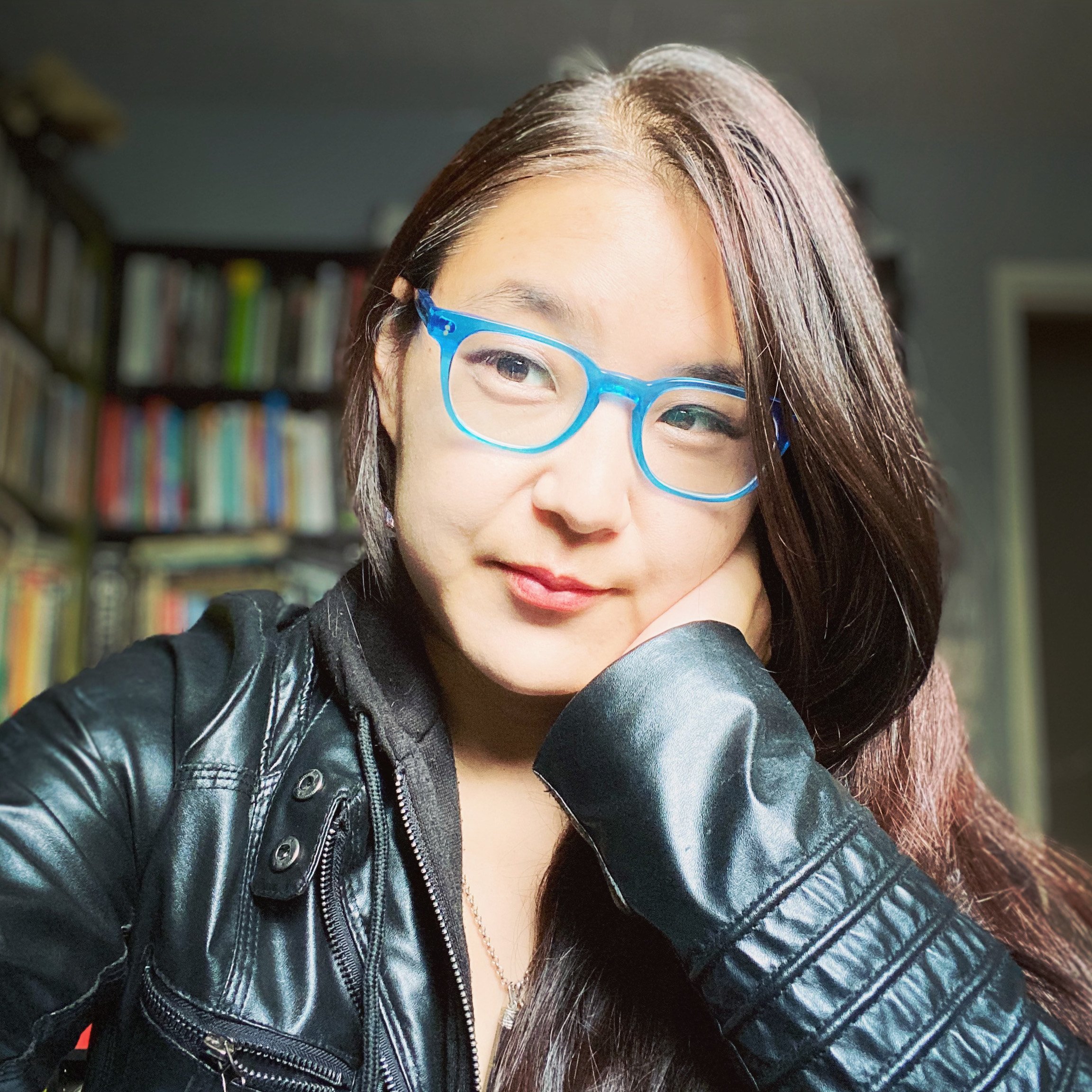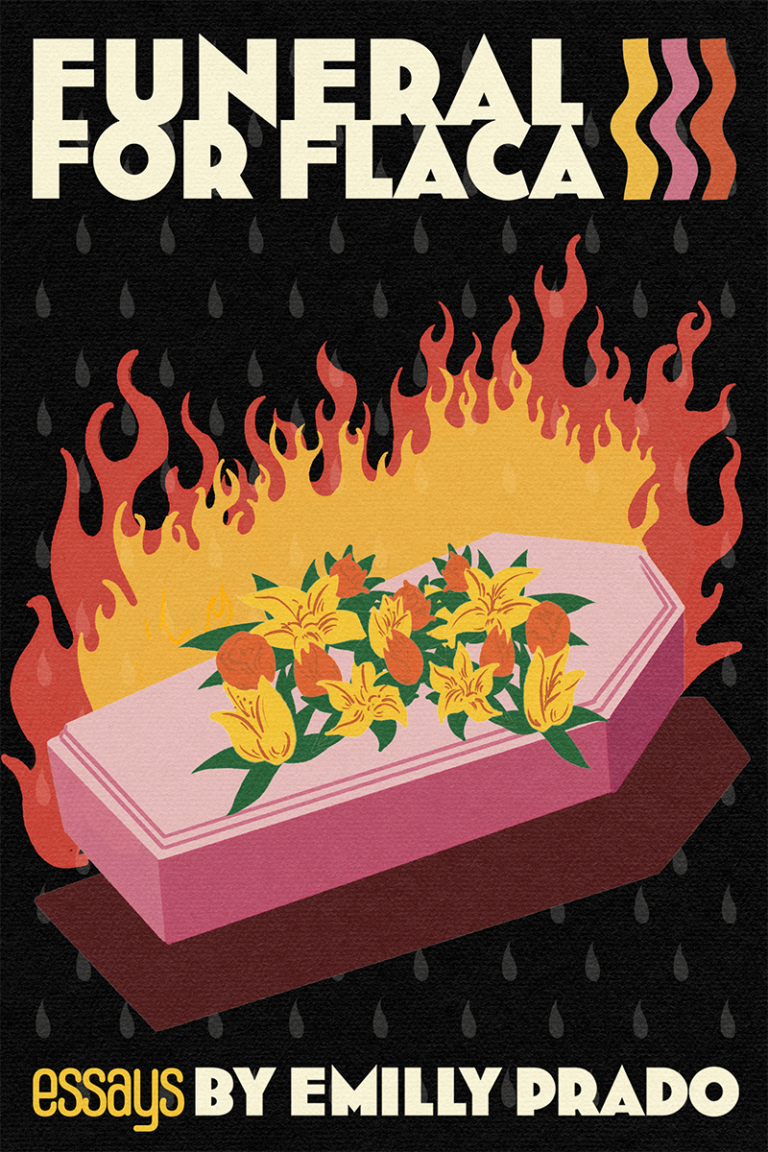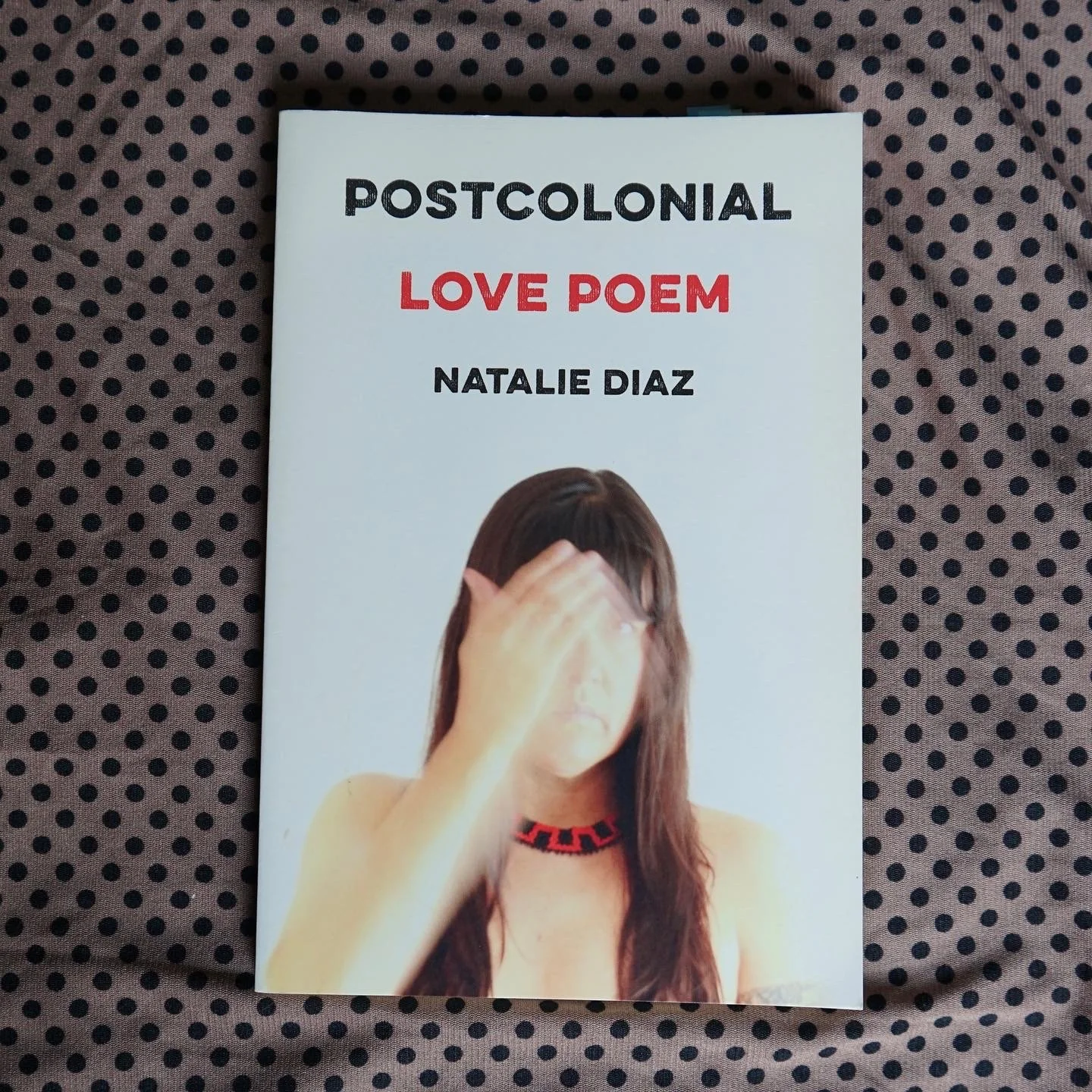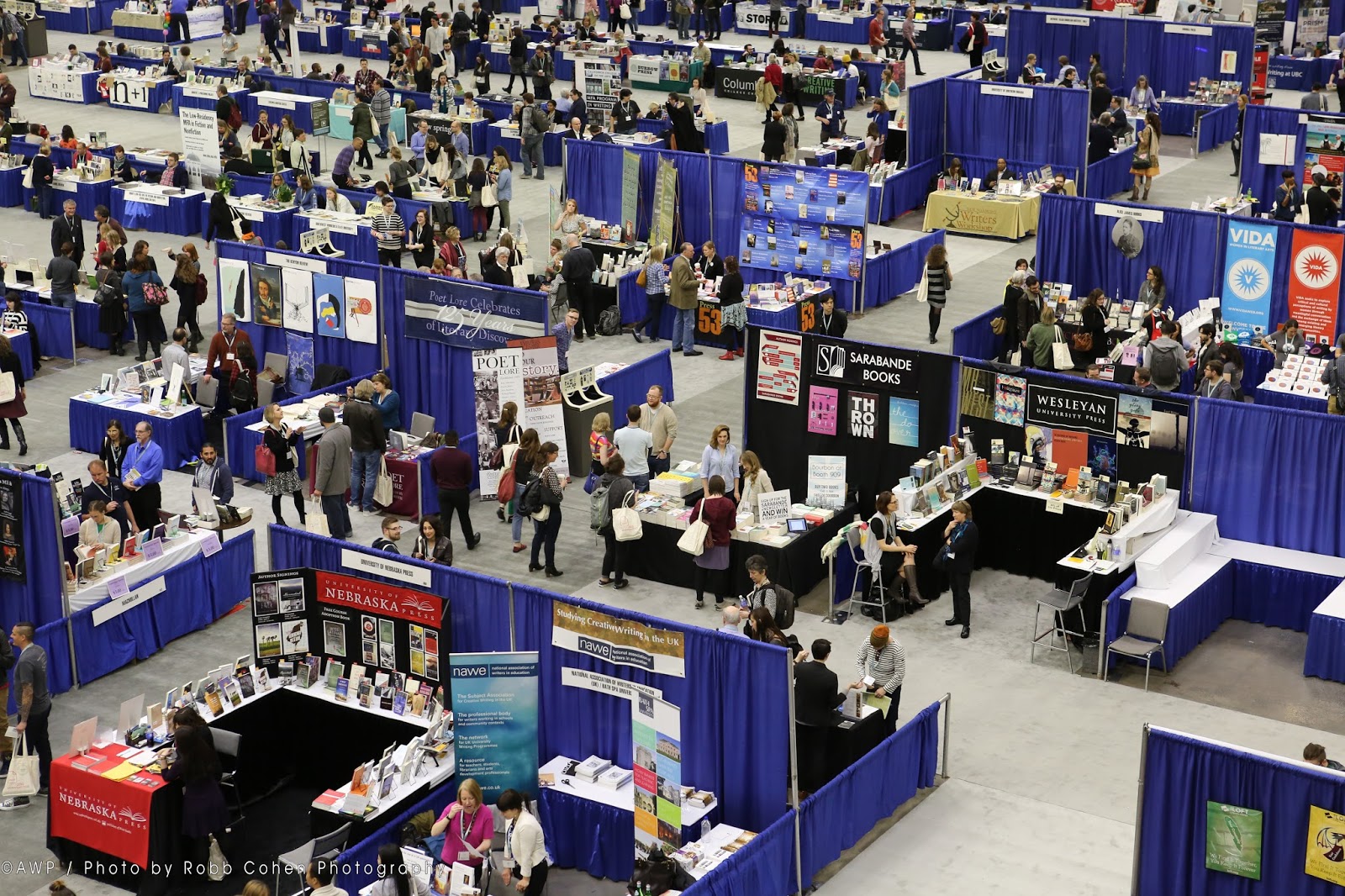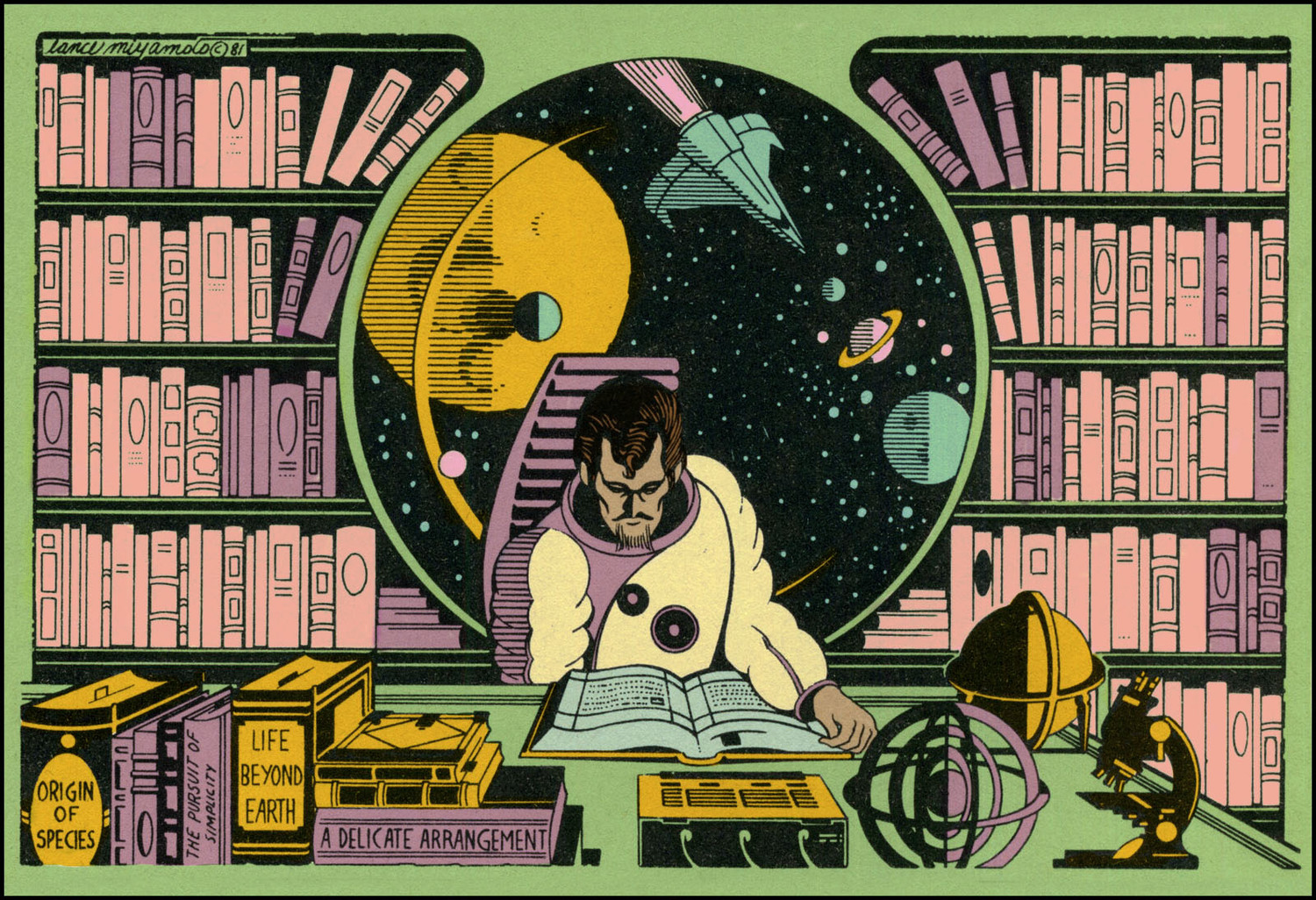Reading List entries feature recommended texts and authors and short excerpts or quotes. These are just glimpses into texts we think worthy of highlighting, and subjects we want to dig deeper into as well. Reading can also be an act of listening - in this case to this astounding lecture on the history of erasure, 'The Race Within Erasure', given by Robin Coste Lewis, upon her appearance at Portland Arts & Lectures (courtesy of Literary Arts and the OPB/Literary Arts Archive Project) on 2.25.16. (See below for a link to the full audio.)
Robin Coste Lewis:
"It's not that I'm trying to dis these historians ... [but] even sillier than thinking of erasure as an arts and craft exercise, is the avant-garde desire to locate erasures beginning in the 1960s, or to suggest that language poets were the originators of the post-modern (read: post-colonial--when you hear 'post-modern', read 'post-colonial'...) shift in western literature. It's not only a historically silly idea, but it misses much of the exquisite point of the vastness of erasure's reach, and, even more importantly, the vastness of literatures by people of color. Like Pablo's glorious appropriation--I'm trying to be sarcastic--like Picasso's glorious appropriation of African forms; glorious but appropriation, but glorious, but appropriation, but glorious, but appropriation... all over the world, from so many camps, writers of every genre who had been haunted and hunted, pursued mercilessly by a very fixed, tight, finite *ideal* of English (this part I really want to connect to the practice [of erasure]), these writers from countries all over the world, who were colonized by English, finally one day slowly turned around and began to pursue English. English became the prey. Not just since the '60s, but for centuries. ... Erasure is as much about the politics of English, and its colonial history, as it is about form and object.
...
Lucille Clifton once wrote: 'So many languages have fallen off the edge of the world.' The history of English is inextricably tied to the history of war, to the history of empire; they cannot be separated. And hence our literature cannot be separated from these histories. Language is one of the most powerful weapons of war. It is also one of the war's first victims.
...
[in response to a statement by Matthew Rohrer]: 'Erasure has a possibility to offer a moral corrective to the history of western literature.' I would add to that observation that erasure also allows us to add an aesthetic corrective, and a formal corrective, even if that corrective is to abolish form. For to speak of erasure without the history of English would be to miss the true legacy and power of the whole practice: western writers hold in our hands every day English, the very tool we use to create our art. Erasure makes us acutely aware of English's complexity.
...
Link to Robin Coste Lewis lecture on Literary Arts/OPB The Archive Project




